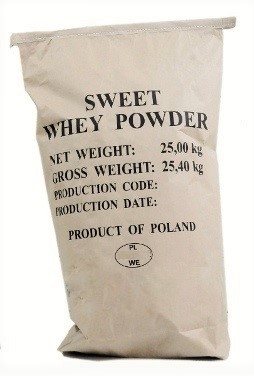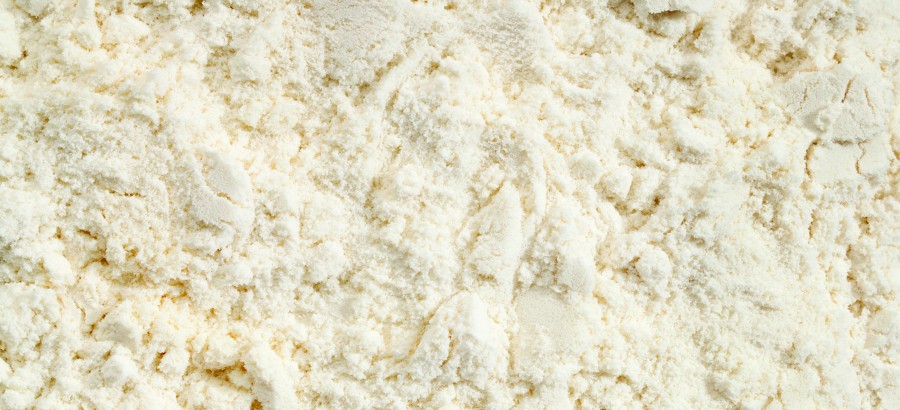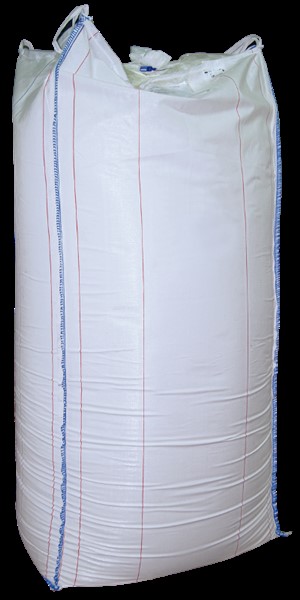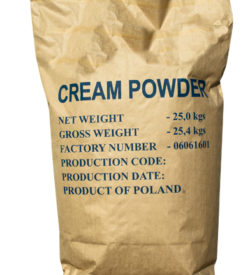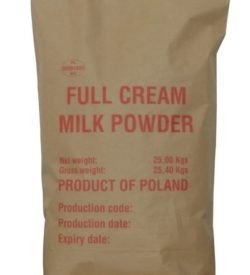Whey Powders
Description
Whey is the greenish translucent liquid that separates from the curd after the coagulation of milk during the manufacture of cheese.
Whey Powders are obtained by drying whey. Whey powderS consists primarily of carbohydrate (lactose), protein (several different whey proteins, mainly lactalbumins and globulins), various minerals and vitamins.
We offer following Whey Powders for food and feed production:
- Sweet Whey Powder (SWP)
- Acid Whey Powder (AWP)
- Demineralized Whey Powder (DWP)
- Fat Filled Sweet Whey Powder (FFSWP)
Typical Composition of Whey Powder
Protein: 10-13%, Total solids: 96-97%, Lactose: 70-75%, Ash: 7-12%, Calcium: 4500 mg/kg, Thiamine: 0.4-0.6 mg, Riboflavin: 2.3-2.5 mg, Pyridoxine: 0.4-0.6 mg.
Typical Physical and Microbial Characteristics
Whey powders are valuable additions to the functional properties of various foods and a good source of nutrients. On average they contain approximately 50 percent of the nutrients found in the liquid milk. Whey powders shall contain less than 5 mg/kg of copper, 1 mg/kg of lead and 20 mg/kg of iron. Whey Powders should be exempt of Salmonella, Listeria, coagulase-negative Staphylococcus and show a maximum Standard Plate Count of 50,000 colony-forming units/gram (CFU/g). Whey Powders are not genetically modified and don’t contain genetically modified ingredients. They do not need any special labeling.
Applications
Whey Powders are commonly used for the production of meats, beverages, beads, cakes, salad dressings, soups, setting cheeses, baked goods, gravies, infant foods, coffee whiteners, confectionary, etc.
Benefits
Nutritional and functional characteristics of whey proteins are related to the structure and biological functions of these proteins. Native whey proteins (globulins and lactalbumins), as 11%of constituents of whey powders, possess good functional properties related to solubility, foaming, emulsion formation and gelling. The high content of lactose plays an important role in flavour, aroma and browning reactions.
Packaging
25kg multilayer Kraft paper bags and 500-1,000 kg Big Bags. Private label and custom packaging are available upon request.
Shelf life
12-24 months from the date of production.
Storage
Whey Powders should be stored and shipped in a cool, dry environment with temperatures below 20°C and relative humidity below 75%.
Additional information
| Allergen Declaration | with reference to Directive 2000/13/WE |
|---|---|
| GMO Declaration | With reference to the following legal acts: 1. Act on 22 June 2001 about genetically modified organisms, Corpus Nr 76 item 811 with later changes 2. European Parliament Directive and Council of Europe 2001/18/EC on 12 March 2001 annulling Council 3. European Parliament Regulation and Council Nr 1829/2003 on 15 July 2003 about genetically modified food and feed. 4. European Parliament Regulation and Council Nr 1830/2003 on 22 September 2003 about identification and labeling genetically modified organisms and identification of food and feed products manufactured from genetically modified organisms, changing Directive 2001/18/WE |
